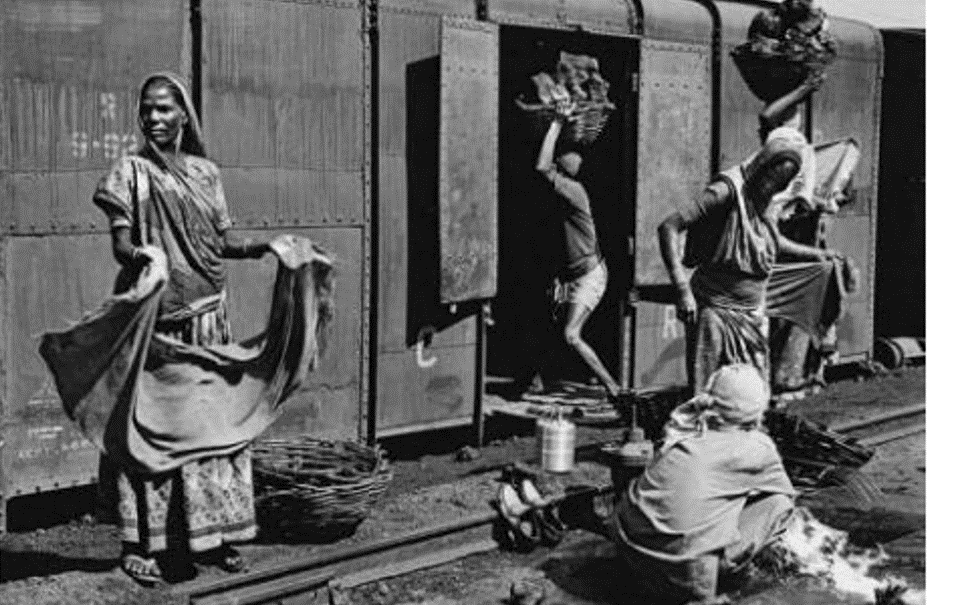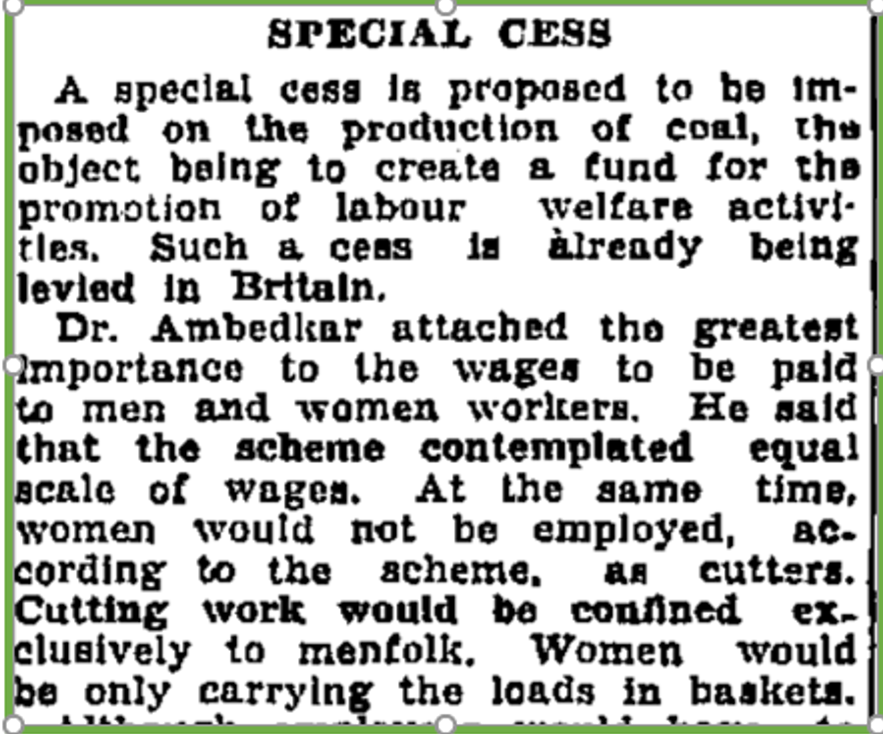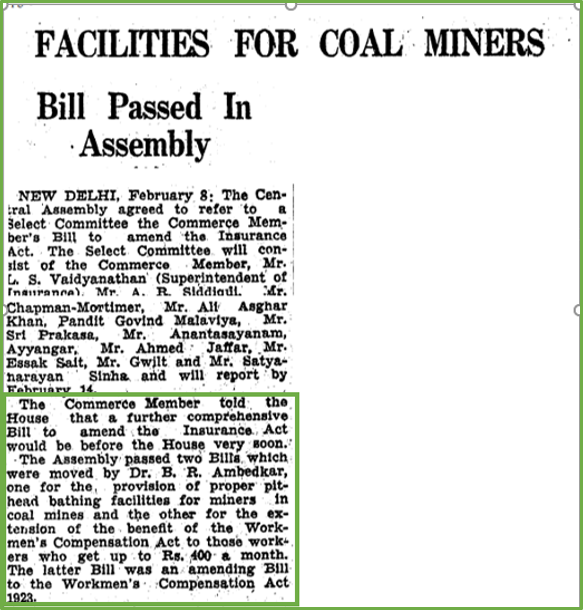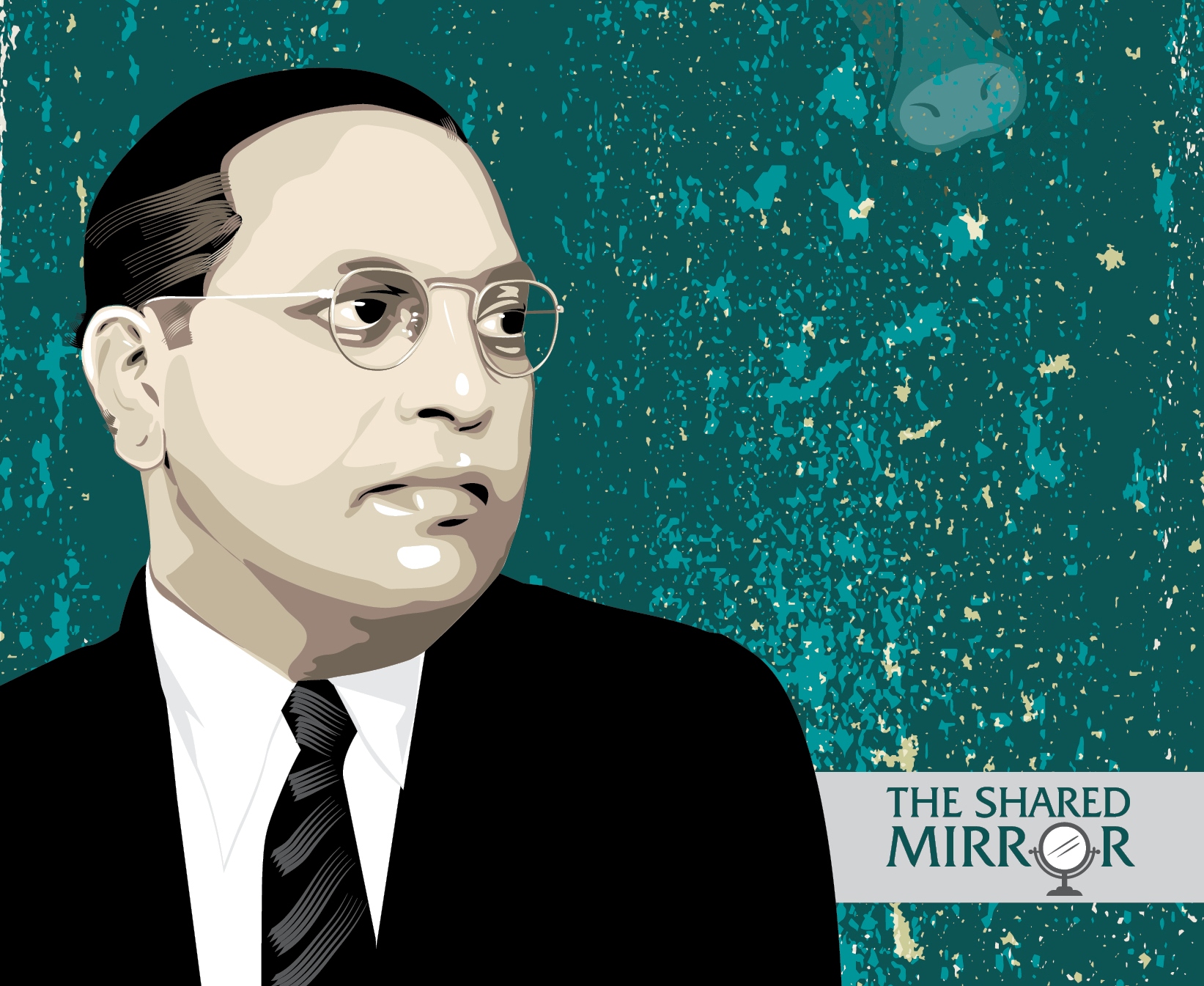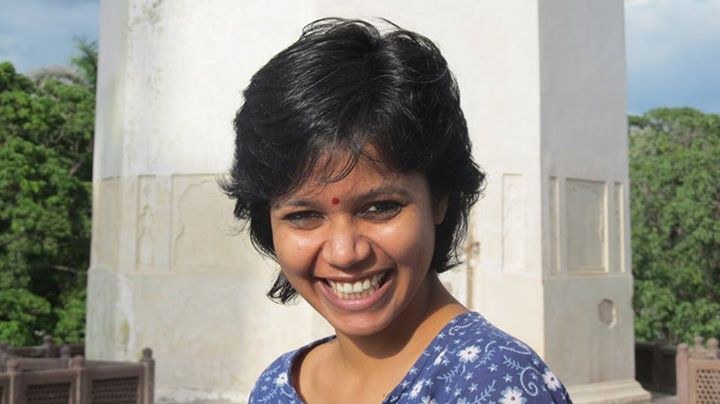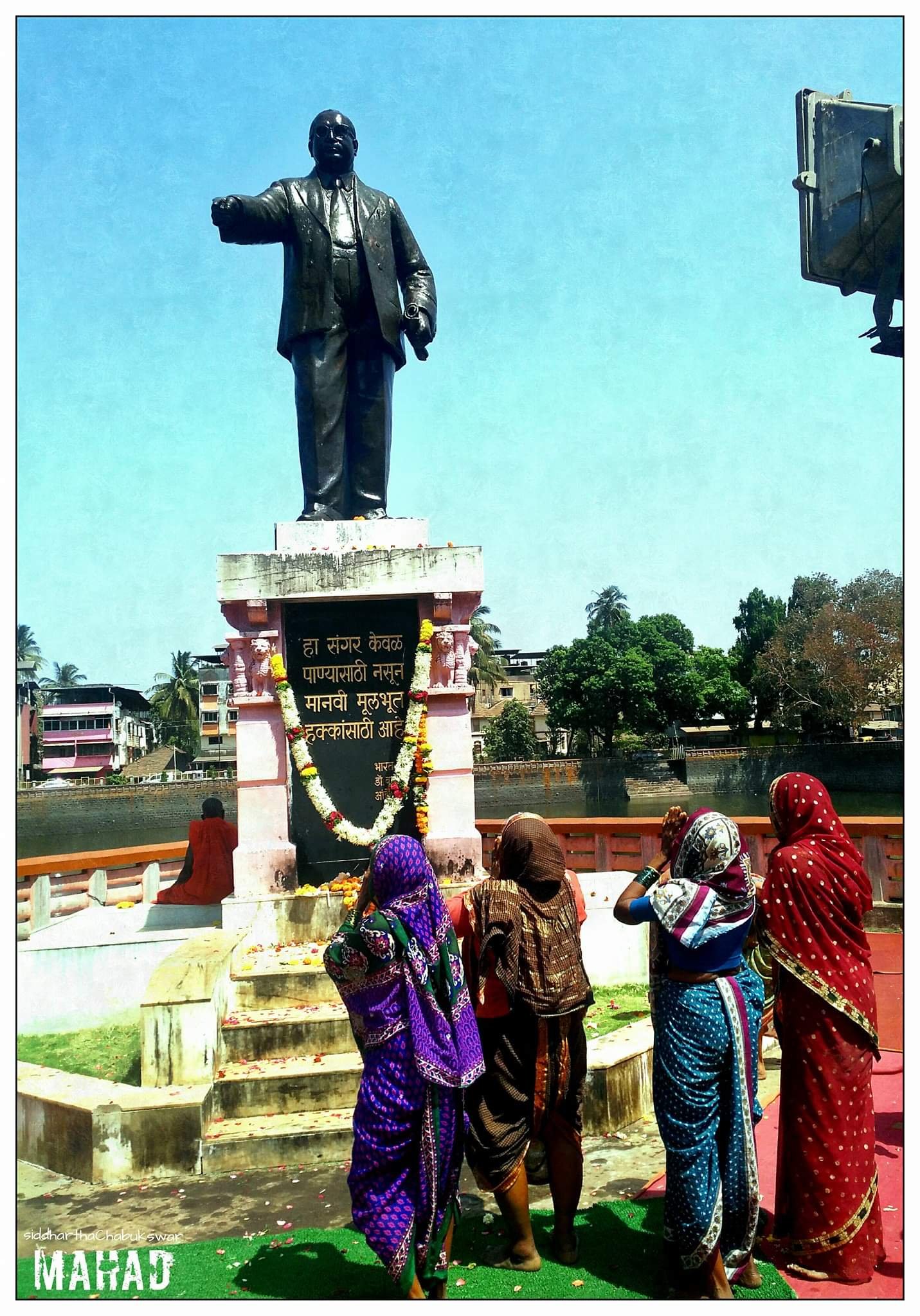May Day Greetings!
Babasaheb Ambedkar ~Labour may ask monied classes a very pertinent question saying, if you do not mind paying taxes to meet the expenditure of war, why do you object to raising funds when their purpose is to raise labour standards~ 1945
The war had created a labour crunch in the mines, and around the world, women were entering the mines as part of the workforce. Age-old policies of restricting women from these highly hazardous jobs were being eased.
Babasaheb Ambedkar as Labour Member was at the forefront of post-war reforms and was faced with many complex situations. We post short excerpts from Babasaheb’s interviews during that period highlighting his never-wavering advocacy for women’s rights.
(Women mining workers at Dhanbad)
Welfare of Coal Workers (Dec, 7 1943. Times of India)
Dr Ambedkar On Plan to Increase output
The steps proposed to be taken by the Government of India to promote the welfare of labour, particularly women, employed in mines were discussed by the Hon. Dr. B. R. Ambedkar, Labour Member, in a special interview to the Times of India.
Problems of coal production so far related to labour will be discussed at a conference to be held at Dhanbad on December 9, 10, 11 and 12 under Dr Ambedkar’s chairmanship. The representatives of the employers, labour and the Government of India will attend that conference.
According to Dr Ambedkar’s scheme, workers will be paid an attendance bonus, in addition to their usual wages. This is meant to encourage greater attendance in the mines. The owners of mines will be persuaded to give 6 seers of rice per week to every man and women worker at concession rates which work out practically at three-fourths of the pre-war prices. Standard cloth will be supplied to the workers at concession rates. In addition, they will also get other subsidiary commodities, like dal, chillies, at low rates. To see whether the labour welfare scheme is being pursued earnestly in all the mines food inspectors will be appointed. The welfare corps will be under the control and guidance of a special officer who has considerable experience of similar work in the coal mines of Britain and who has been deputed, for a temporary period, by the Department of Labour in London. That special officer is due to arrive in India very shortly.
Special Cess
A special cess is proposed to be imposed on the production of coal, the object being to create a fund for the promotion of labour welfare activities. Such a cess is already being levied.
Dr Ambedkar attached the greatest importance to the wages to be paid to men and women workers. He said the scheme contemplated equal scale of wages. At the same time, women would not be employed as cutters. Cutting work would confine exclusively to menfolk. Women would be only carrying the loads in baskets.
Although employees would have to work underground, Government would see to it that they worked from a gallery which would be of a particular height, the idea being that they not be subject to discomfort.
Facilities for Coal Miners (Feb 9, 1946. Times of India)
A more entrenched debate unfolded concerning women mining workers in India about the caste, class and gender complexities peculiar to India. Dr Ambedkar throws light on the family as a working unit where mines would not attract and retain male workers if women were banned. We will come back to that in subsequent posts.
